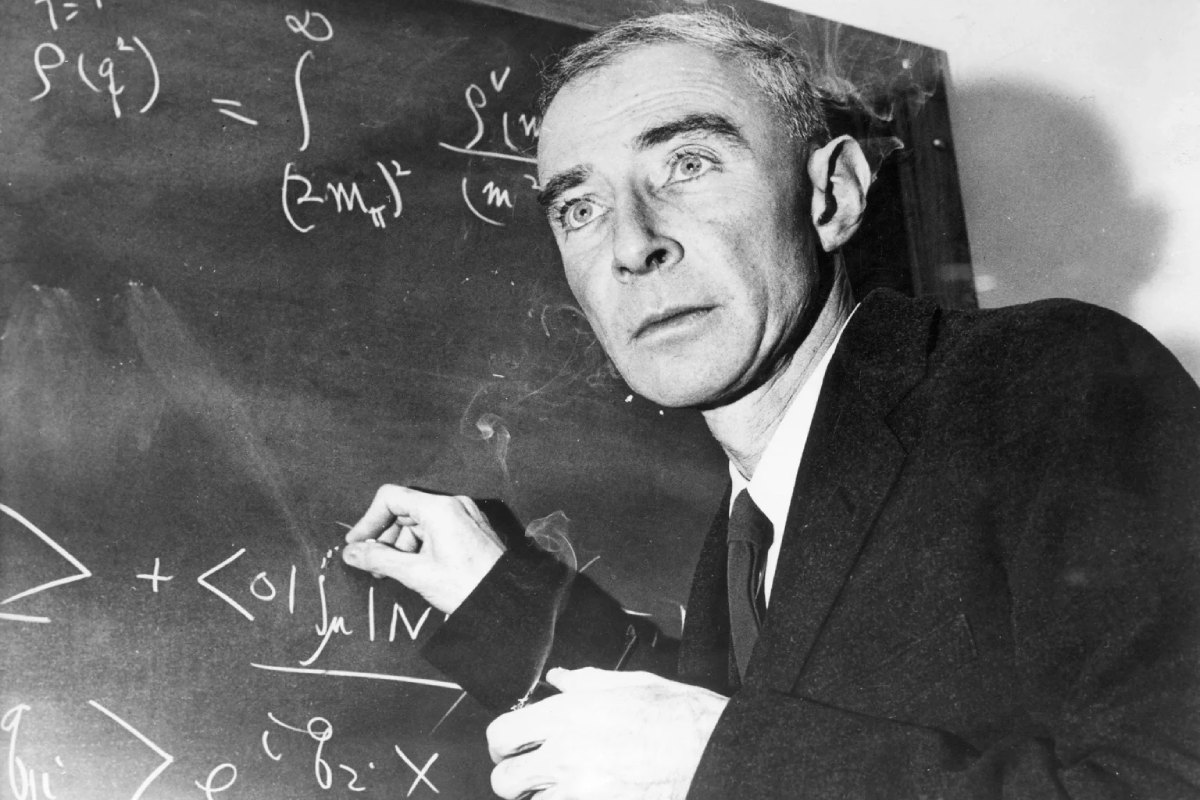Matt Damon’s armour-clad look from Christopher Nolan’s ‘Odyssey’ OUT! Fans react
Matt Damon's first look as Odysseus in Christopher Nolan's adaptation of the Homer's epic poem 'The Odyssey' is OUT, leaving interent divided.
Uncover the life of J. Robert Oppenheimer, the father of the atomic bomb, in the upcoming Christopher Nolan film.

Image Source: Instagram
With the much-anticipated release of the Oppenheimer movie just around the corner, curiosity is piqued about the man at its center: J. Robert Oppenheimer. Who was he, and why is his life deemed worthy of a cinematic tribute? Today, we delve into the intriguing story of this remarkable individual.
Julius Robert Oppenheimer was an American theoretical physicist who made a lasting impact on the world. During World War II, he held the prestigious position of director at the Los Alamos Laboratory. But it was his role in the Manhattan Project that truly catapulted him to prominence. This covert research and development mission birthed the world’s first nuclear weapons, earning Oppenheimer the moniker “father of the atomic bomb.”
Advertisement
For a long time, the Manhattan Project remained shrouded in secrecy. It wasn’t until the devastating bombings of Hiroshima and Nagasaki that the world learned about the immense power harnessed through Oppenheimer’s work. Suddenly, he became a spokesperson for science, embodying a new kind of technocratic influence. His name graced the covers of esteemed magazines like Life and Time, firmly etching his place in history.
Advertisement
The emergence of nuclear physics as a force to be reckoned with prompted governments worldwide to recognize the strategic and political implications of atomic weapons. Oppenheimer, along with many of his scientific peers, believed that true security from these devastating bombs could only be achieved through international cooperation. He advocated for organizations like the United Nations to spearhead efforts to prevent a nuclear arms race. It was his vision that sought to redirect scientific advancements towards peaceful collaboration.
Yet, amid the triumphs and contributions to science, Oppenheimer also experienced personal tragedy. In October 1972, his beloved wife, Kitty, passed away at the age of 62 due to complications from an intestinal infection and pulmonary embolism. In a poignant tribute, Oppenheimer’s ashes were placed in an urn, which Kitty then took to St. John. Standing within sight of their cherished beach house, she bid a final farewell by scattering the urn into the sea.
As the release date of the Oppenheimer movie approaches, directed by the illustrious Christopher Nolan, audiences eagerly anticipate the opportunity to explore the life and legacy of J. Robert Oppenheimer on the silver screen. This cinematic endeavor aims to capture the essence of his multifaceted persona, from his scientific brilliance to his moral dilemmas and the profound love he shared with Kitty. Prepare to be transported into the captivating world of Oppenheimer, where science, power, and humanity intertwine in extraordinary ways.
Advertisement